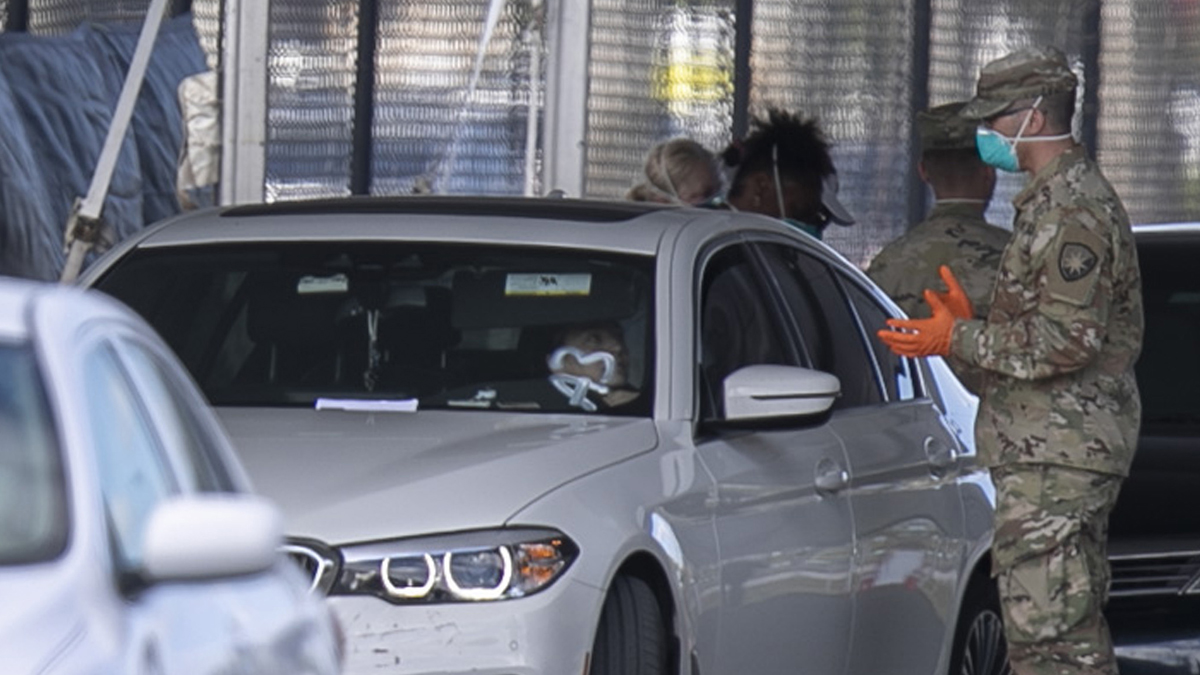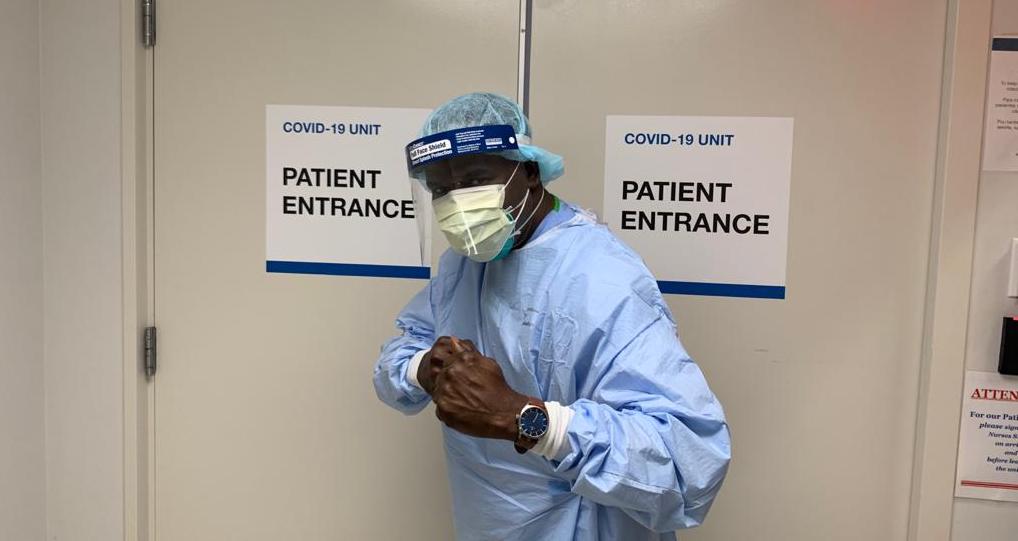Drive-thru testing sites at both C.B. Smith Park in Pembroke Pines and at Hard Rock Stadium in Miami Gardens are an example of what health care experts want to see more broadly: a testing criteria that allows just about anyone to get tested.
Now, people with an underlying medical condition, regardless of symptoms, or people who have come in contact with someone who has coronavirus, can get a test at the sites.
Early on, only people over 65 with symptoms could be tested.
CORONAVIRUS LATEST
Florida International University's Dr. Aileen Marty believes an even broader criteria is needed to get a clear look at how deep the virus has spread.
"We are not capturing every case that is symptomatic, let alone capturing those individuals that are in close contact and isolating them from everyone else," Marty said.
State health officials have touted the expansion of people tested and a decrease in the percentage of results coming back positive as a sign that the outbreak in Florida has peaked.
Statewide, the number of results coming back positive is down from around 18% to 10%. In Miami-Dade, the number is higher at 16%, and in Broward, it's 12%. Monroe is at 7% with only 73 confirmed cases.
Miami-Dade’s rate has remained steady even as it's tested more people, meaning the infection could be strong or the testing criteria remains narrow.
"When you increase the pool of people that you’re testing, the percent of positivity is going to change, you’re going to have more positive or a higher percent positive when you’re testing the most severe cases," Marty said.
Health experts are wary to draw a conclusion from a single data point, pointing to questions on the reliability of tests and an undercount of people with no symptoms who have yet to seek a test, let alone get one.
"At our facility at FIU, we are getting about an 8% positive rate," Marty said. "And remember, we know still there are false negatives, so we’re still struggling to figure out the best way, the most efficient samples to take."



